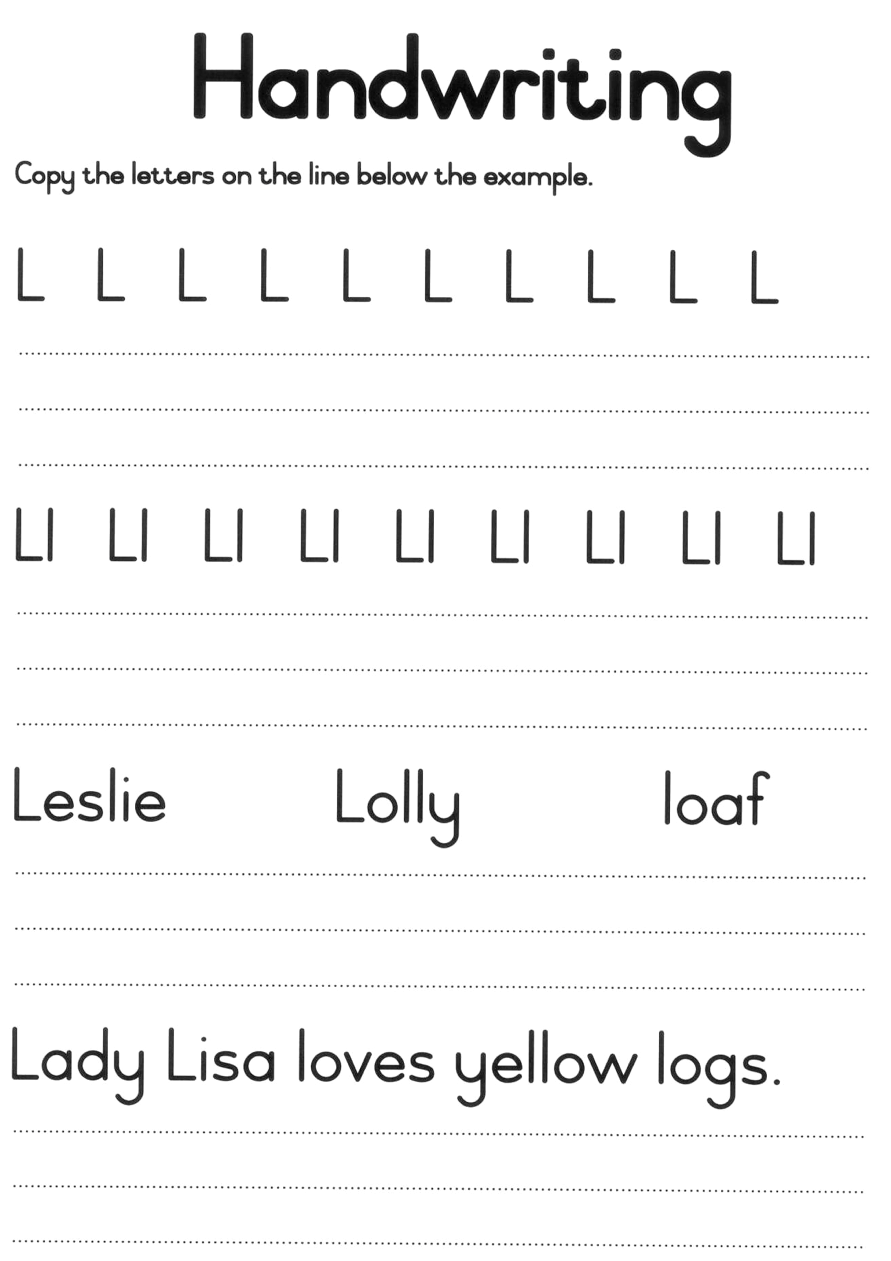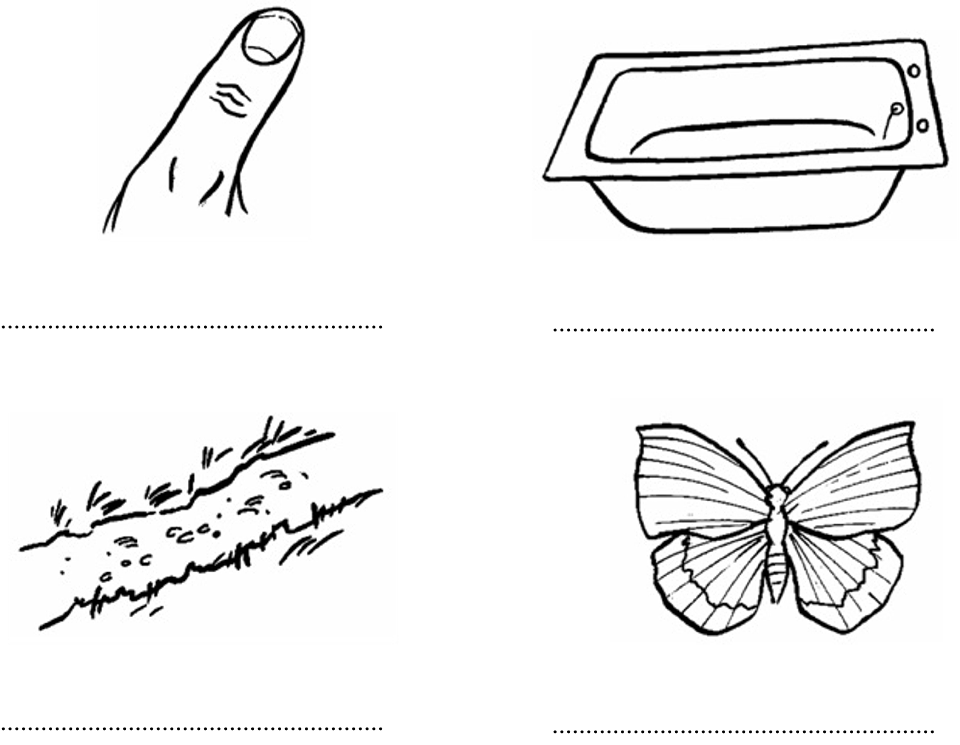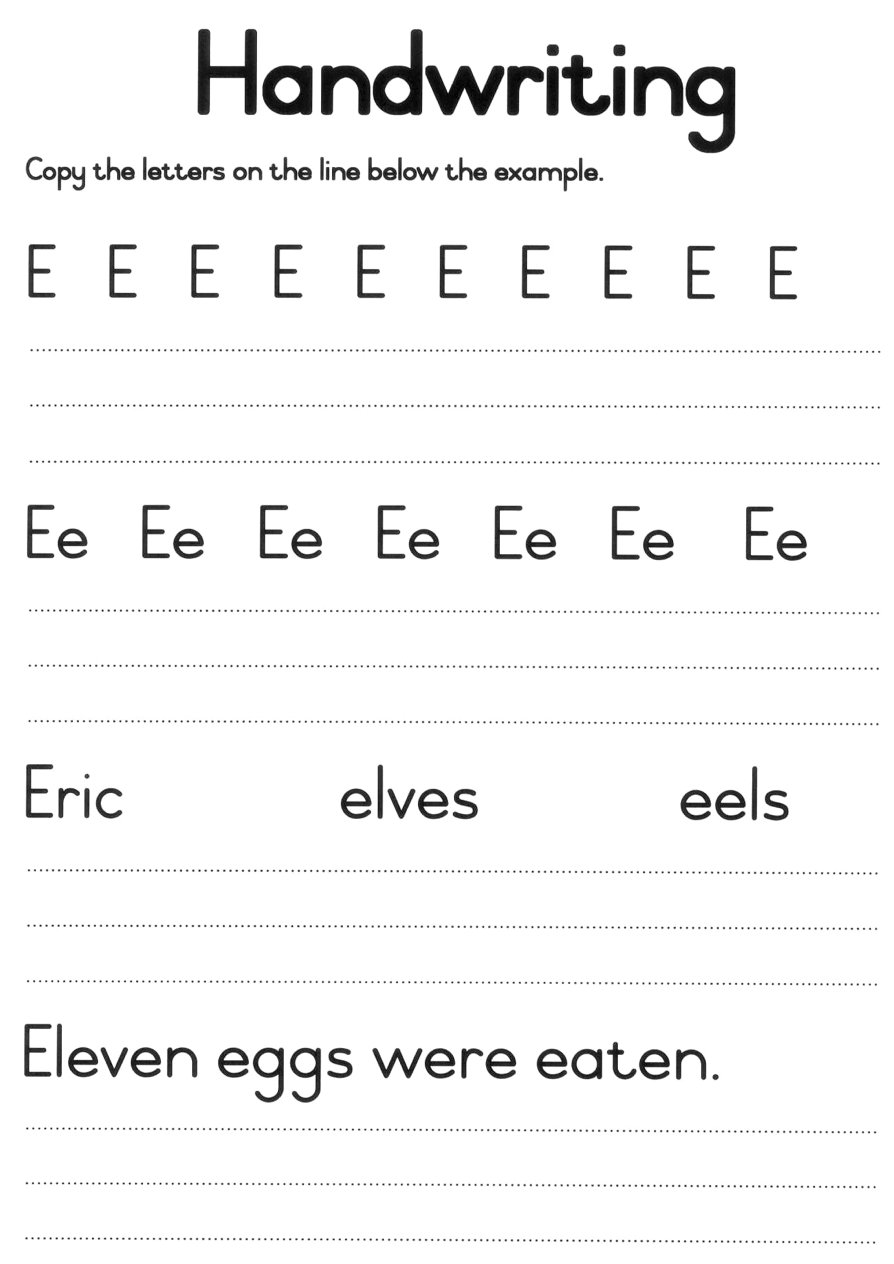| << Chapter < Page | Chapter >> Page > |
Discuss any difficult vocabulary.
2. Look at Susan’s last sentence. Discuss what would happen when they take Lisa home.
Then ask the children to consider: Do they think Lisa will find her parents? What could have happened to them? Remind them that they would naturally want to find her.
Stress that their suggestions must be reasonable and realistic.
Their answers could be evaluated for LO 5, as well as LO 2.
If the answer is completely unrealistic, and doesn’t take any known factors into account, it would be rated 1.
If they take into account that Lisa has only been missing for two days and that her parents could have landed elsewhere and are now looking for her - that would be rated 3.
To be rated 5, they would have to have thought of radio contact and that a generalised search would already be in progress.
The children must listen to each other’s answers and comment on the likelihood of any of the solutions.
Depending on your time, the stories may be read out aloud to the class or allow learners to swap stories and read each other’s silently.
Encourage the children to find out about early writing in different civilisations. Let them tell the class what they have found out or make a small poster about their findings. Some children could also copy out examples of hieroglyphics or cuneiform for display purposes.
For you to read:
Daily Herald
It was a happy day for Lisa Hunt on Thursday 23 May, when two children, Paul and Susan Trent, rescued her from an island.
Lisa had been on a boat with her parents. They were sailing around the world. On Tuesday 21 May the boat was caught in a storm. Lisa was washed off the boat. Luckily she was washed onto the island near the small town, Lester.
Long ago, Lester Island was used by the navy as a storage place. Lisa was able to find an old bottle and send a message to say where she was.
Again Lisa was lucky. Only two days later Paul’s sharp eyes spotted the bottle. “It was stuck in some seaweed,” said Paul. Together he and Susan set off in their boat to rescue Lisa.
We are happy to say that Mr and Mrs Hunt sailed their damaged boat into Port Alfred harbour yesterday. They were overjoyed to find their daughter safe and sound.
L..V.
| LO 3.3.1 | LO 3.3.3 |

| LO 4.7.2 |
Imagine that you had an adventure of your own!
Choose a place where your adventure could happen - beach; mountains; park.
Who is with you?
I am alone; my brother or sister; my friend.
If you are alone, always say “I”. If there are two of you, say “we.”
Yesterday
| LO 4.1.3 |

1. The thorns on the rose hurt my thumb.
2. Thank you for this lovely gift.
3. I think you will throw the rubbish away.
4. Both my friends have a bubble bath.
5. I write with those three pens.

| LO 3.4.2 |

| LO 3.4.2 |

| LO 4.7.2 |
Learning Outcome 3: READING AND VIEWING : The learner is able to read and view for information and enjoyment and respond critically to the aesthetic, cultural and emotional values in texts.
Assessment Standard 3.3: We know this when the learner recognises and makes meaning of letters and words in longer texts:
3.3.1 reads with increasing speed and fluency;
3.3.3 uses phonic and other word recognition and comprehension skills such as phonics, context clues, and making predictions in order to make sense of context;
Assessment Standard 3.4: We know this when the learner develops phonic awareness:
3.4.2 recognises single consonants spelled with two letters (consonant diagraphs);
Learning Outcome 4: WRITING : The learner is able to write different kinds of factual and imaginative texts for a wide range of purposes.
Assessment Standard 4.1: We know this when the learner uses pre-writing strategies to initiate writing:
4.1.3 chooses a topic to write about that is personally significant and that is suitable to the learner’s age and circumstances;
Assessment Standard 4.7: We know this when the learner writes with increasing legibility:
4.7.2 forms letters clearly and easily.

Notification Switch
Would you like to follow the 'English home language grade 2' conversation and receive update notifications?